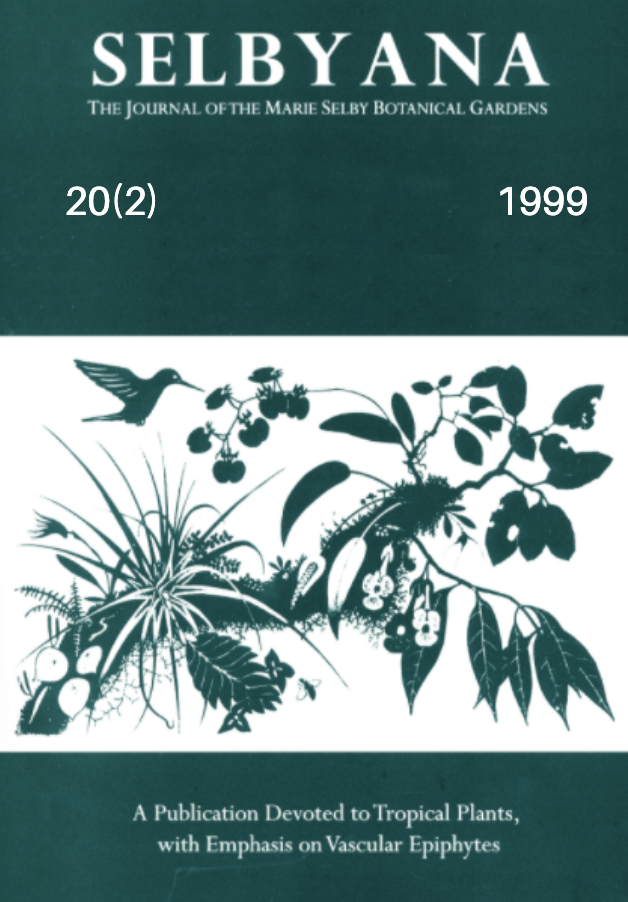Abstract
Resident songbirds of temperate coniferous forests survive throughout the year even though the resources within the forest change with the seasons. One aspect of that survival may be a generalist strategy that avoids vertical stratification of the canopy. Five small diurnal songbirds, Red Crossbill (Loxia curvirostra), Winter Wren (Troglodytes troglodytes), Brown Creeper (Certhia americana), Golden-crowned Kinglet (Regulus sátrapa), and Chestnut-backed Chickadee (Poecile rufescens) were studied using the Wind River Canopy Crane from 21 March, 1996 to 20 March, 1998. Point counts were used to survey bird occurrence in low, mid-, and upper canopy positions. A three way Analysis of Deviance was used to test for significance of canopy level, season, and their interaction. All five species stratify the canopy, while all but the Winter Wren had population numbers shift with the season. Only the Chestnut-backed Chickadee and Red Crossbill had significant interaction terms, implying that they shift their abundance in canopy zones with the seasons. The Chestnut-backed Chickadee, Golden-crowned Kinglet, and Brown Creeper occurred in all zones of the canopy, even though they were most abundant in one particular zone during any given season, indicating a generalist ability.
Open Access and Copyright Notice
Selbyana is committed to real and immediate open access for academic work. All of Selbyana's articles and reviews are free to access immediately upon publication. There are no author charges (APCs) prior to publication, and no charges for readers to download articles and reviews for their own scholarly use. To facilitate this, Selbyana depends on the financial backing of the Marie Selby Botanical Gardens, the hard work and dedication of its editorial team and advisory board, and the continuing support of its network of peer reviewers and partner institutions.
Authors are free to choose which open license they would like to use for their work. Our default license is the Creative Commons Attribution-NonCommercial 4.0 (CC BY-NC 4.0). While Selbyana’s articles can be copied by anyone for noncommercial purposes if proper credit is given, all materials are published under an open-access license with authors retaining full and permanent ownership of their work. The author grants Selbyana a perpetual, non-exclusive right to publish the work and to include it in other aggregations and indexes to achieve broader impact and visibility.
Authors are responsible for and required to ascertain that they are in possession of image rights for any and all photographs, illustrations, and figures included in their work or to obtain publication or reproduction rights from the rights holders. Contents of the journal will be registered with the Directory of Open Access Journals and similar repositories. Authors are encouraged to store their work elsewhere, for instance in institutional repositories or personal websites, including commercial sites such as academia.edu, to increase circulation (see The Effects of Open Access).
